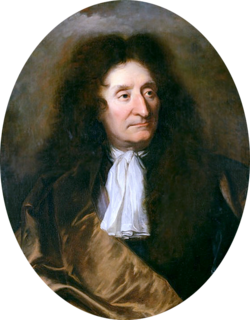A Quote by Algernon Charles Swinburne
A young man with a very good past.
[Fr., Un jeune homme d'un bien beau passe.]
Related Quotes
Education has a tremendous power on man. Can't we see to which astonishing disciple the people of Sparte have submitted ("s'est plié", Fr.) for centuries, and this with a view to very petty purposes: purely outer greatness, the military predominace of Sparte. This example proves that man can everything on themselves when they want it ("peuvent tout sur eux-mêmes quand ils le veulent", Fr.); therefore it would only be a question of making them will the good.
The distinction between right and wrong ("la distinction du bien et du mal", Fr.), is nothing else than their unyielding (or implacable) opposition; thus the moral consciousness is an innate and intimate revelation of the absolute, which goes beyond (or goes pass, or exceed) every empirical data (or given information). It is only on these principles that we will be able to establish ("pourront être édifiées", Fr.) the real basis of morality.
The need for sociability induce man to be in touch with his fellow men. However, this need might not ("ne saurait", Fr.) find its full (or complete) satisfaction in the conventional (or superficial, - "conventionnel", Fr.) and deceitful world, in which (or where) everyone is mainly (or mostly) trying to assert oneself in front of others ("devant les autres", Fr.), to appear, and hoping to find in society ("mondaine", Fr.) relationships some advantages for his interest and vanity (or vainglory or conceit", Fr).


































